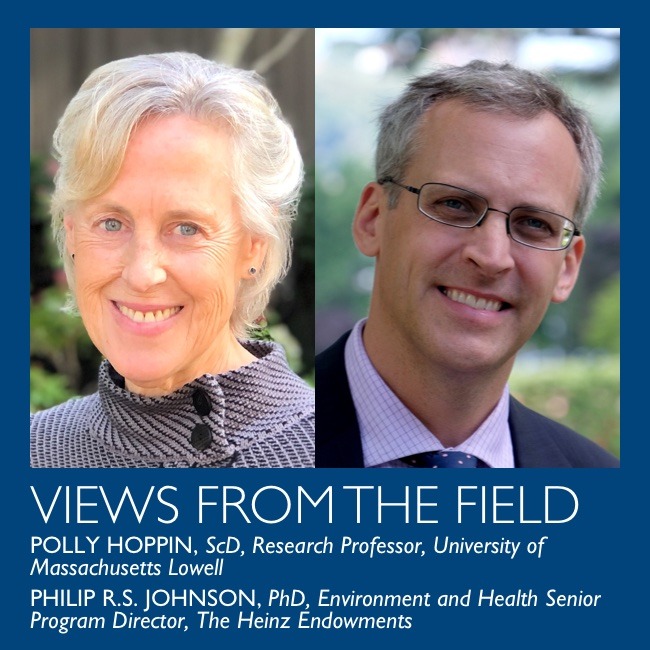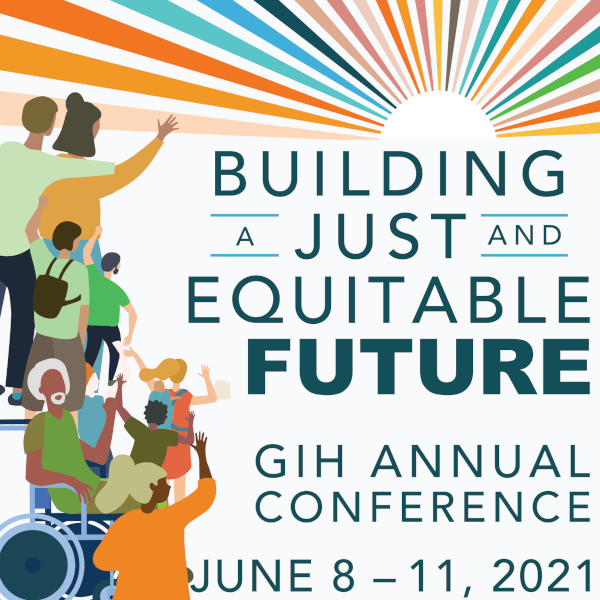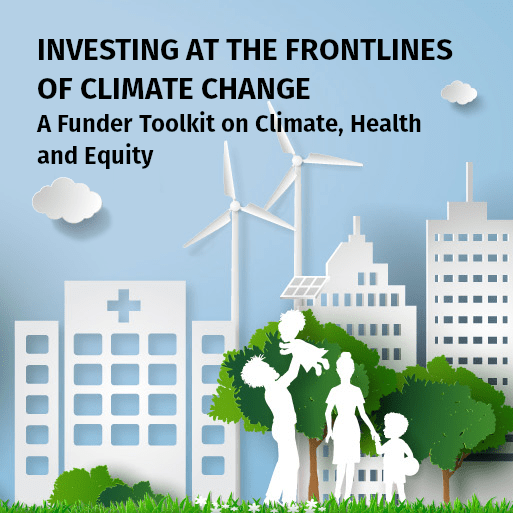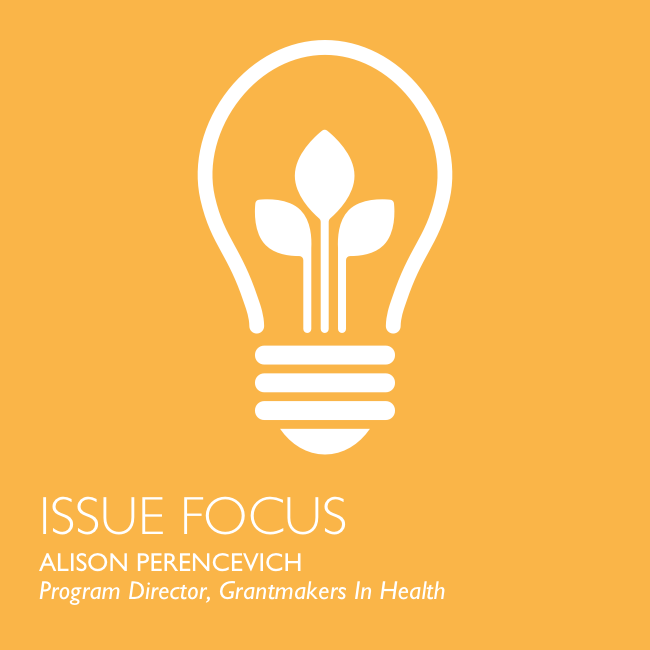Resourcing Midwest Health Sector Work on Climate Change and Health Equity
This meeting will explore the current landscape of federal funding for Midwestern health-focused work on climate impacts and solutions.
Leveraging Federal Funding for Climate Justice in Midwestern Frontline Communities
This meeting will discuss pathways for federal resources with high relevance for climate justice work in the Midwest, with a focus on funding managed by the US Environmental Protection Agency.
Reducing Pollution: Critical Pathway for Cancer Prevention
Health professionals and health advocacy groups are learning how they can elevate environmental chemicals as an important element of cancer prevention, including in research design, clinical practice, policy advocacy, and in cancer initiatives such as the Beau Biden Moonshot and states’ 5-year cancer prevention and control plans. When health leaders are given the opportunity to examine barriers to cancer prevention, including those they may contribute to, they gain confidence in their ability—and responsibility—to use their power as trusted messengers to call for dramatic reductions in carcinogens.
Connections to Nature and Green Spaces: A Path to Health Equity
During this webinar, we discussed the benefits of green spaces and strategies being employed to equitably expand access to communities of color.
Food Access and Security Learning Community Calls
This meeting focused on reconciling emergency food response with need for food systems reform, but also covered several other topics (i.e., lifting-up grassroots voices and ending philanthropic paternalism; looking at natural disasters, equity, and food systems in addition to health outcomes and SDOH; climate change’s impacts on food systems; environmental justice and food systems; what the current public health response looks like with food systems; and investing at the federal and local policy levels).
2021 Annual Conference Plenary Remarks: Climate Change, Health, and Equity
Elizabeth Yeampierre, Executive Director of UPROSE, discusses climate change, health, and equity at the GIH annual conference, Building a Just and Equitable Future.
Funder Toolkit on Climate, Health, and Equity
To help health funders meet this critical moment, GIH partnered with seven philanthropy support organizations to develop a funder toolkit on climate, health, and equity. The toolkit offers an overview of the current funding landscape, hubs of collaboration, and resources available by issue focus, geographical region, and impacted populations.
How Does Climate Change Affect Children’s Mental Health?
This webinar explored both the effects of climate change on children’s mental health and the variety of approaches funders can take to build children’s resiliency and support the connections with community, adults, and educators that help children cope with uncertainty.
Climate Change, Health, and Equity: Action Steps for Health Philanthropy
Climate change is one of the biggest health and equity issues of our time. The scale of climate change can be daunting, and some may think of the issue as the sole responsibility of federal, state, local, and tribal governments—however, philanthropy has an essential role to play.
Confronting the Health and Equity Challenges of Climate Change
On this webinar, funders heard stories and recommendations of community leaders driving this movement.
Newsletter Sign Up
Want to sign up for the GIH Bulletin? Click here to get on the list.
Contribute to the GIH Bulletin and Blog
If you are interested in contributing your story or expertise to the GIH community please review our Editorial Submission Guidelines.




